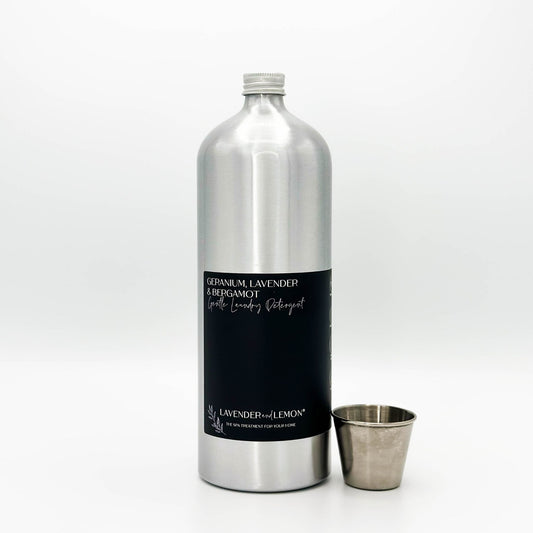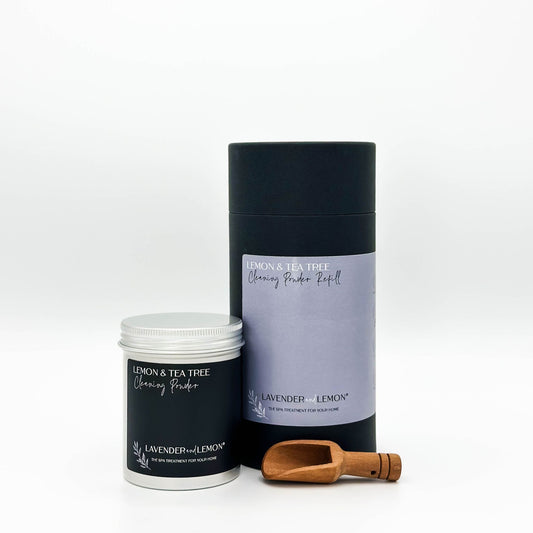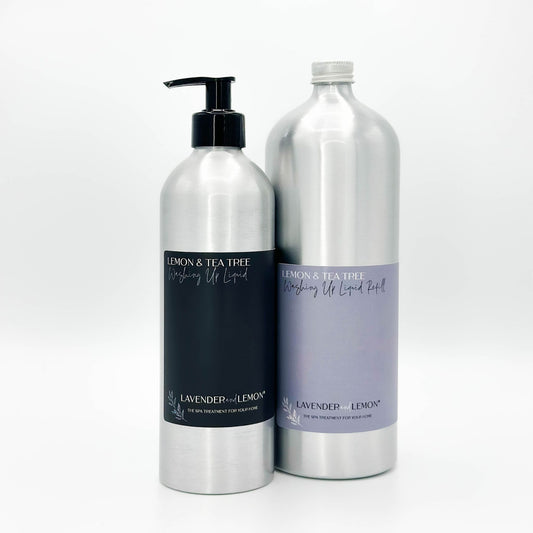Free Shipping Over £40

Maximise Fabric Care with Clothes Dryer Balls
Share
Looking for an eco-friendly way to improve your laundry routine while keeping your clothes soft and fresh? Clothes dryer balls are a simple, sustainable solution that can reduce drying time, soften fabrics, and eliminate the need for chemical-laden dryer sheets or fabric softeners. Among the different options available, wool dryer balls stand out as the best choice for environmentally conscious households. In this blog post, we'll explore the benefits of using clothes dryer balls, how they work, and why wool dryer balls are the ultimate eco-friendly option.
What Are Clothes Dryer Balls?
Clothes dryer balls are reusable balls made from materials like wool, rubber, or plastic, designed to be tossed into your dryer with your laundry. As they tumble with your clothes, they create more space between garments, allowing air to circulate more efficiently. This action helps to reduce drying time, soften fabrics, and minimise static cling—without the need for single-use products like dryer sheets.
[product=wool-dryer-balls]
✓ Saves money - no more buying clothes conditioner
✓ Saves energy - 25% reduced drying time
✓ Laundry dryer balls last 3-5 years
[/product]
Wool Dryer Balls: The Most Eco-Friendly Option
Among the different types of clothes dryer balls, wool dryer balls are by far the most eco-friendly. Here's why:
1. Natural and Biodegradable
Wool dryer balls are made from 100% natural wool, which means they are biodegradable and can be composted at the end of their life cycle. Unlike plastic or rubber dryer balls, which are made from synthetic materials that can contribute to plastic pollution, wool dryer balls break down naturally without harming the environment.
2. Sustainable and Renewable
Wool is a renewable resource, making wool dryer balls a more sustainable option compared to plastic alternatives. Sheep naturally produce wool, and the process of harvesting and manufacturing wool dryer balls has a lower environmental impact than producing synthetic materials.
3. Long-Lasting and Reusable
Wool dryer balls are incredibly durable and can be reused for hundreds of loads, making them a cost-effective and long-lasting solution. They can last for up to 1,000 loads, reducing the need to constantly replace dryer sheets or plastic dryer balls. This extended lifespan contributes to less waste and a smaller carbon footprint over time.
4. Chemical-Free Softening
Unlike dryer sheets and fabric softeners that contain artificial fragrances and chemicals, wool dryer balls naturally soften fabrics without the use of harmful substances. This makes them a great choice for families with sensitive skin, allergies, or anyone looking to eliminate synthetic chemicals from their laundry routine.
How Do Clothes Dryer Balls Work?
Clothes dryer balls work by physically separating clothes as they tumble in the dryer, allowing hot air to circulate more evenly. This improves airflow, resulting in reduced drying time and softer clothes. Here's how they benefit your laundry routine:
- Faster Drying Time: By creating more space between clothes, dryer balls help speed up the drying process. This can reduce drying time by up to 25%, saving energy and lowering utility bills.
- Softer Fabrics: As the balls tumble with your clothes, they gently massage the fibres, making them softer and fluffier without the need for liquid softeners or dryer sheets.
- Reduced Static and Wrinkles: Clothes dryer balls help prevent clothes from clumping together, reducing static cling and minimising wrinkles. Your clothes come out feeling fresh and smooth, making them easier to fold and store.
Customising Your Laundry with Essential Oils
One of the unique benefits of wool dryer balls is that they can be infused with essential oils to naturally scent your laundry. This feature allows you to enjoy a fresh-smelling wardrobe without relying on artificial fragrances found in traditional fabric softeners or dryer sheets. Here’s how you can use essential oils with wool dryer balls:
- Lavender Essential Oil: Add a few drops of lavender oil to your wool dryer balls to give your bedding and towels a calming, soothing scent.
- Lemon or Citrus Essential Oils: For everyday laundry, try fresh, invigorating citrus scents like lemon or orange to naturally deodorize your clothes.
- Tea Tree or Eucalyptus Essential Oils: These oils are known for their antimicrobial properties, making them perfect for gym clothes, towels, or any fabrics that tend to develop odors.
Simply apply a few drops of your chosen essential oil to each wool dryer ball before starting the drying cycle, and enjoy naturally fragrant laundry without the chemicals.
Wool vs. Plastic Clothes Dryer Balls: A Sustainable Comparison
While plastic or rubber clothes dryer balls can still provide benefits like reducing drying time and softening fabrics, they fall short in terms of sustainability when compared to wool dryer balls. Here’s why wool dryer balls are the superior option:
- Eco-Friendliness: Wool dryer balls are biodegradable, renewable, and compostable, while plastic balls are made from synthetic materials that contribute to landfill waste and plastic pollution.
- Quiet Operation: Wool dryer balls are softer and quieter in the dryer compared to plastic balls, which can be noisy as they bounce around during the drying cycle.
- Customisable Fragrance: Wool dryer balls can be easily scented with essential oils, giving you the flexibility to add a natural fragrance to your laundry. Plastic dryer balls do not offer this feature and may even absorb odours over time.
How Many Clothes Dryer Balls Should You Use?
The number of clothes dryer balls you need depends on the size of the load you’re drying:
- Small to Medium Loads: Use 3-4 wool dryer balls for small to medium loads such as clothes, towels, or small blankets.
- Large or Bulky Loads: For larger loads like bedding, duvets, or towels, 5-6 wool dryer balls will help ensure even drying and faster results.
Additional Benefits of Wool Dryer Balls
In addition to their eco-friendliness, wool dryer balls offer several other key advantages:
- Hypoallergenic: Wool dryer balls are naturally hypoallergenic, making them a great option for people with sensitive skin or allergies. They don’t leave behind any residues, which can often trigger irritation.
- Energy Savings: By reducing drying time, wool dryer balls help lower energy consumption, making them both an environmentally friendly and economical choice.
Wool Dryer Balls Are the Ultimate Eco-Friendly Laundry Solution
When it comes to choosing the best clothes dryer balls for your laundry routine, wool dryer balls are the clear winner. Not only are they the most eco-friendly option, but they also provide natural softening, reduce static, and save energy by speeding up drying time. Plus, they are biodegradable, reusable, and customisable with essential oils, making them a versatile and sustainable choice for any household.
By switching to wool dryer balls, you’ll enjoy softer clothes, fewer chemicals in your laundry, and a greener laundry routine. Start using wool dryer balls today and experience the long-term benefits for both your wardrobe and the environment.
RELATED ARTICLES
The Ultimate Guide to Dryer Balls: A Sustainable Laundry Solution for Soft and Fresh Clothes
Balls for the Dryer: Why Wool Dryer Balls Are the Best Choice for Your Laundry
Tumble Dryer Balls: A Natural Solution for Softer Laundry
The Benefits of Tumble Dry Balls: A Natural Way to Soften and Freshen Laundry
The Benefits of Tumble Dryer Balls: An Eco-Friendly Solution for Your Laundry
Wool vs Plastic Dryer Balls: The Best Choice for Your Laundry








